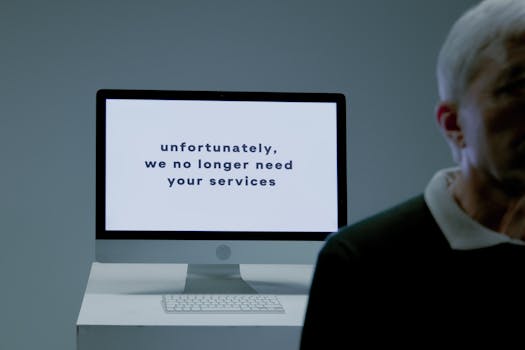
The Future of Work: Trends to Watch in 2025
Focus Keyword: Future of Work
The future of work is evolving rapidly, with technological advancements, shifting workforce demographics, and changing employee expectations driving significant changes in the way we work. As we approach 2025, it’s essential to stay ahead of the curve and understand the trends that will shape the future of work.
Trend 1: Remote Work and Virtual Teams
Remote work is no longer a perk, but a necessity for many employees. With the advancement of technology, teams can now collaborate and work together from anywhere in the world. This trend is expected to continue, with more companies adopting remote work policies and virtual team structures.
According to a recent survey, 48% of employees will work remotely at least one day a week by 2025. This shift towards remote work will require companies to invest in digital transformation, including cloud-based collaboration tools, virtual meeting software, and cybersecurity measures.
Trend 2: Artificial Intelligence and Automation
Artificial Intelligence (AI) and automation are transforming the way we work, with machines and algorithms taking over routine and repetitive tasks. This trend is expected to continue, with AI and automation augmenting human capabilities and freeing up time for more strategic and creative work.
According to a recent report, AI and automation could replace up to 30% of jobs by 2025. However, this trend also creates new job opportunities in fields like AI development, deployment, and maintenance.
Trend 3: Upskilling and Reskilling
The future of work requires a workforce that is agile, adaptable, and skilled. With technological advancements happening at a rapid pace, employees need to continuously update their skills to remain relevant. This trend is expected to continue, with companies investing in upskilling and reskilling programs to ensure their employees have the skills needed to succeed.
According to a recent survey, 62% of employees believe that upskilling and reskilling are essential for their career development. Companies that invest in employee development will be better equipped to adapt to changing market conditions and stay ahead of the competition.
Trend 4: Diversity, Equity, and Inclusion
The future of work is about creating a workplace that is diverse, equitable, and inclusive. With changing workforce demographics and shifting employee expectations, companies need to prioritize diversity, equity, and inclusion to attract and retain top talent.
According to a recent report, companies with diverse workforces are more likely to outperform their less diverse peers. This trend is expected to continue, with companies prioritizing diversity, equity, and inclusion to drive business success and social impact.
Trend 5: Employee Wellbeing and Mental Health
The future of work is about prioritizing employee wellbeing and mental health. With the rise of remote work and the blurring of boundaries between work and personal life, employees are experiencing increased stress, anxiety, and burnout.
According to a recent survey, 45% of employees experience mental health issues at work. This trend is expected to continue, with companies prioritizing employee wellbeing and mental health to drive productivity, engagement, and retention.
Conclusion
The future of work is evolving rapidly, with technological advancements, shifting workforce demographics, and changing employee expectations driving significant changes in the way we work. By understanding the trends that will shape the future of work, companies can stay ahead of the curve and create a workplace that is agile, adaptable, and successful.






